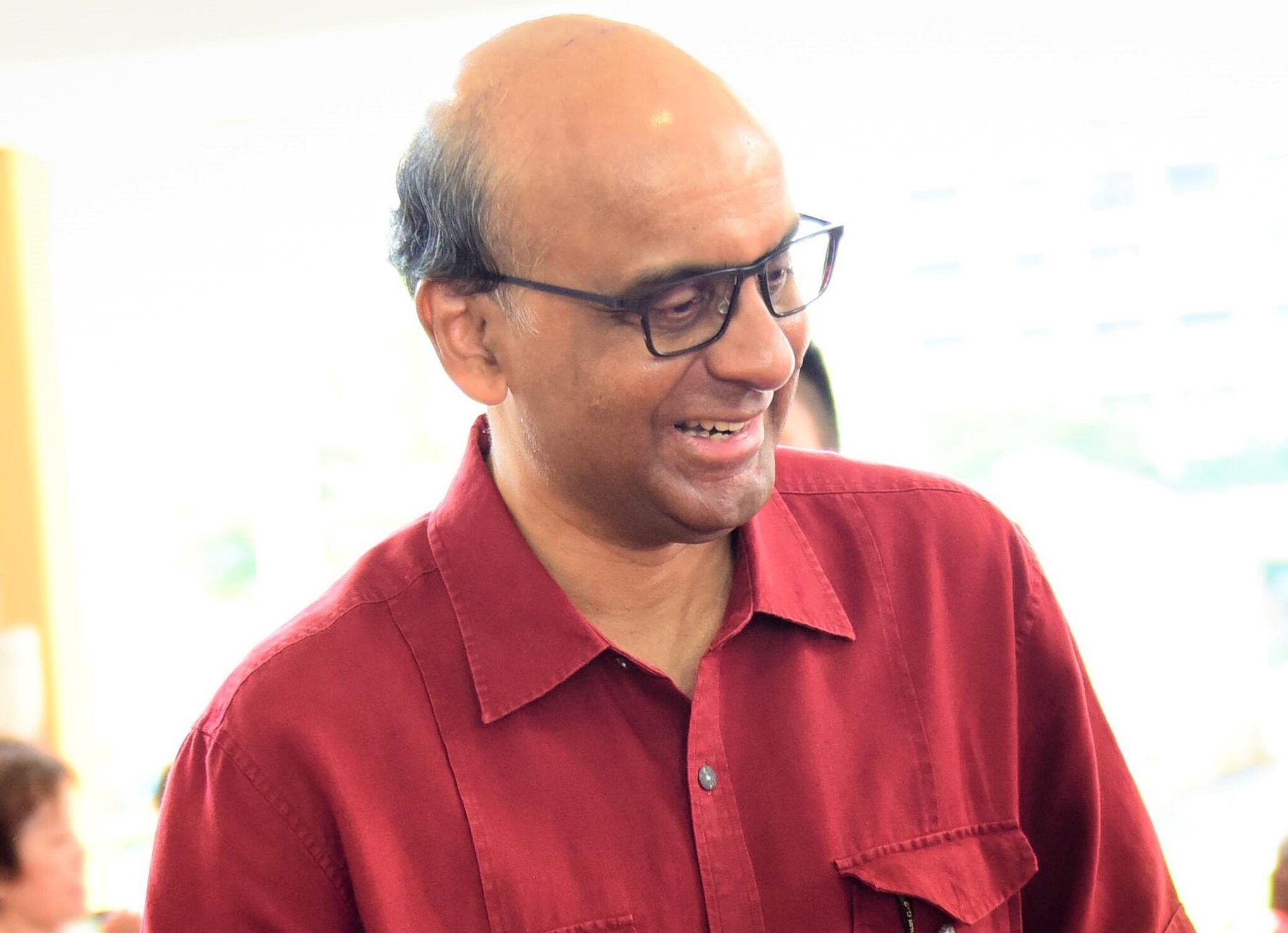The BGA Singapore team, led by Managing Director Nydia Ngiow, wrote an update to clients on Singapore’s recent presidential election.
Context
- Former Senior Minister Tharman Shanmugaratnam swept the polls in Singapore’s third contested presidential election, securing 70.4 percent of votes in a historic landslide victory. The other presidential candidates — former Chief Investment Officer of the Government of Singapore Investment Corporation (GIC) Ng Kok Song, who maintained his nonpartisanship throughout his campaign, and former Chief Executive Officer of NTUC Income Tan Kin Lian, who received endorsements from several key opposition leaders — received 15.7 percent and 13.9 percent of the votes, respectively.
- Tharman’s resounding electoral victory caught many by surprise, particularly given the pervasive discourse centered on establishment versus anti-establishment themes throughout the campaign and the prevailing negative sentiment against the ruling party after it was embroiled in a series of controversies.
Significance
- Tharman’s triumph should not be misconstrued as a broader endorsement of the ruling People’s Action Party despite the party’s calculated risk in having one of its most prominent ministers resign to pursue the presidency. Tharman’s relatability and extensive credentials as a minister and member of Parliament have won him broad appeal, and his popularity eclipses that of the party and contributed to his overwhelming electoral success.
- The elections saw less than strong support for anti-establishment candidates. Second-time presidential contender and anti-establishment candidate Tan Kin Lian fared much better than he did in the 2011 elections, but Tharman’s large margin of victory can be attributed to Singaporeans valuing capability more than notions of independence.
Implications
- Companies can expect the president-elect to support the status quo because the presidential office typically has a limited impact on Singapore’s investment environment. Policies that support efforts to replenish the country’s reserves and navigate an increasingly complex post-COVID global economic environment will likely proceed as planned, including the second phase of a two-part goods and services tax increase from 8 percent to 9 percent on January 1, 2024.
- Although Tharman is not expected to diverge significantly from his predecessors in his presidential approach, he will be responsible for several key initiatives: skillfully managing national reserves, navigating the global environment and advocating for pressing social issues.
We will continue to monitor and provide analysis of political developments in Singapore. If you have any questions or comments, please contact BGA Singapore Managing Director Nydia Ngiow at nngiow@bowergroupasia.com.
Best regards,
BGA Singapore Team

Managing Director, Global Trade and Economics
Nydia brings over a decade of experience working at the forefront of international affairs and international trade issues in the Asia-Pacific, with the majority of her career prior to BGA spent working for the Singapore government. Nydia most recently managed the China Program at the American National Standards Institute (ANSI) in Washington, D.C., where she brought together technical, business and policy leaders to find solutions to issues affecting U.S.-China trading relations to strengthen U.S. market access in China. She provided member organizations with coverage of policy and reform issues, and furthered ANSI’s relationships with counterpart organizations in China. Positioned in ...
Read More

























